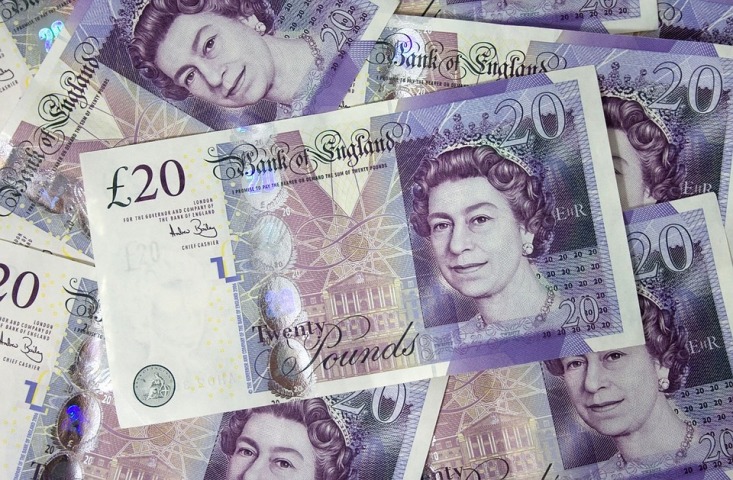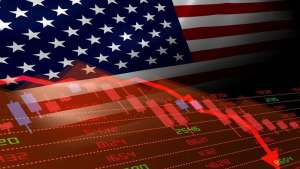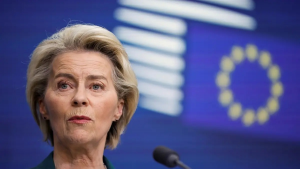Sterling retreated on Wednesday, after surging on the back of stronger-than expected British business activity, as traders awaited consumer confidence data and focused on Britain's political headaches.
After strengthening 0.6% against the dollar on Tuesday, sterling was down 0.24% to $1.2083 at 1151 GMT. Against the euro, it was steady at 87.93, having climbed 1% on Tuesday.
Data showed on Tuesday an unexpected bounce in Britain's preliminary "flash" S&P Global/CIPS UK Composite Purchasing Managers' Index, boosting speculation the country might avoid a long recession and bets the Bank of England (BoE) might keep rates higher for longer.
The PMI data came in the wake of stronger-than-expected retail sales, but looking ahead markets will be focusing on the Northern Ireland post Brexit trade agreement impasse, and on GFK consumer confidence data (GBGFK=ECI) due later this week, said Jeremy Stretch, head of G10 FX strategy at CIBC.
"The realisation that the latter remains near lows, underlining a degree of consumer reticence is likely to combine with ongoing UK political headaches relating to the Northern Ireland protocol," Stretch said, pointing to a likely correction back towards $1.2005/15.
Britain and the European Union are edging closer to resolving their dispute over the so-called Northern Ireland protocol, which sets out the conditions for post-Brexit trade with the province to avoid creating a hard border with EU member Ireland and to help protect the bloc's single market. But political discussions are ongoing.
Keeping sterling afloat against a strengthening dollar, money markets are now pricing a 99% chance of the BoE raising rates by a further quarter of a percentage point on March 23.
UK rates are seen as most likely to peak at 4.75% later this year, in contrast to many economists' previous expectations that March's rate rise would be the last in the BoE's current tightening cycle. IRPR









